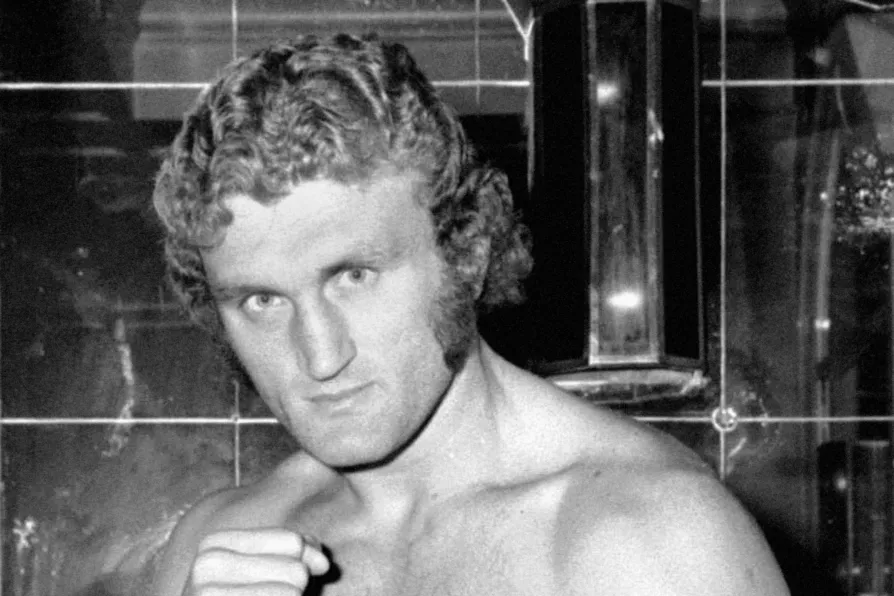
 Joe Bugner, 1974
Joe Bugner, 1974
AMONG the pantheon of fan-favourite British heavyweight fighters of all time, Joe Bugner is one name that doesn’t immediately jump out, which, given his record and legacy, belongs in the box marked travesty.
Though his was a career that stretched from the 1960s all that way up into the 1990s, Joe Bugner is most synonymous with the 1970s, along with such cultural artefacts as flared jeans and long hair for young male hipsters; T-Rex, Slade and The Glitter Band for those old enough to remember when glam rock was a thing; the three-day week and power cuts; and also such TV classics as Love Thy Neighbour, Bless This House, George and Mildred, and Grange Hill.
Joe Bugner — like John Conteh, John H Stacey, Dave Boy Green, and Charlie Magri — flew the flag for Britain throughout that tumultuous decade, but did so while being much maligned.

JOHN WIGHT tells the riveting story of one of the most controversial fights in the history of boxing and how, ultimately, Ali and Liston were controlled by others












